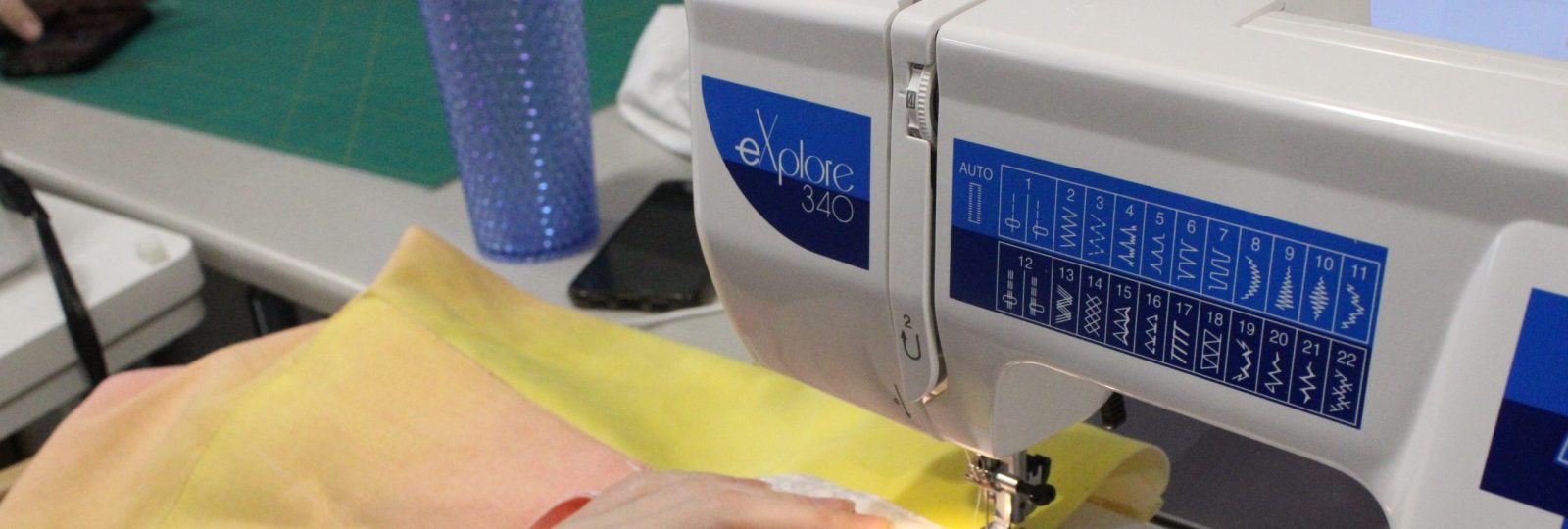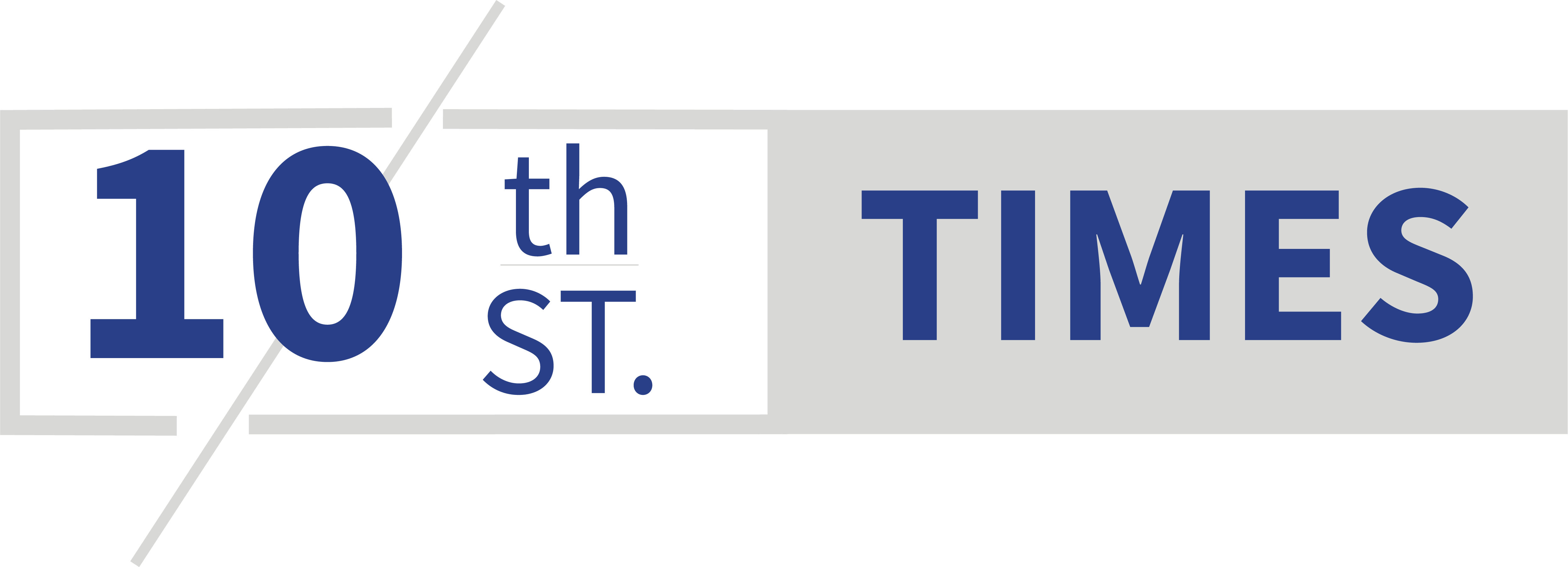Unique Classes at Northwest High School
Share this story

Pro-Start:
Pro-Start is a college-level class that combines both cooking and business to teach students about owning and operating a restaurant. With the majority of work being hands-on cooking, the class offers a unique opportunity for students to prepare for a chef career, or just expand their cooking skills. Pro-Start teacher Mrs. Laura Calvert explained, “Pro-Start is a two-year industry-driven curriculum that the National Restaurant Association created to get more students interested in careers outside of just high school.” Students get amazing opportunities like catering for real events, such as catering an Iowa Legislation Tourism Night. Pro-Start students can also compete in a state competition for cooking, and many Waukee/Northwest Pro-Start students have participated in national competitions in the past.
Not only does Pro-Start get hands-on experience with cooking, but students also get the opportunity to earn a certificate of achievement in the restaurant industry, which is highly sought after by culinary colleges nationwide. Pro-Start is recommended for anyone who enjoys cooking and wants to expand not only cooking skills but business skills in a real-world setting. The prerequisites for Pro-Start are both Culinary I and Culinary II.
Fashion Construction:
Fashion Construction is a class that provides hands-on work with different sewing and stitching techniques, for both professional and personal use. Fashion Construction teacher Mrs. Dana Means said, “[Throughout the course] we complete five to seven projects, it just depends on the individual and how quickly they move through the projects. They are all independently paced because we do not want students to hurry.” Fashion Construction is not only recommended for those interested in fashion careers but also recommended to anyone who wants to have good sewing and consumer skills for buying clothes in the future.
Students in Fashion Construction get to learn firsthand how to pick and read bolts of fabrics for projects, and how to independently operate a sewing machine. Regardless of skill level, Fashion Construction is a fun and useful class for anyone interested. Fashion Construction is split into two separate classes, Fashion Construction I and Fashion Construction II. Both of the classes are one block per term classes. Fashion Construction I has no prerequisites, but Fashion Construction I is needed to take Fashion Construction II.
Intro to Ed:
The Intro to Ed course is offered to students through the APEX program at the WILC. Intro to Ed involves students getting real-world experience sitting in on classes in middle schools and elementary schools to learn different and unique teaching methods. Senior Marisa Van Heuveln stated, “If you want to be a teacher it’s obviously a good choice, but even if you just like working with little kids it’s pretty fun.” The Intro to Ed course is a great experience for any students at Northwest wanting to go into the teaching field, as it introduces students to teaching careers with experience and fun.
Intro to Ed is different than most other APEX courses, as it is mostly hands-on work with one in-person class a week. Heuveln said, “We only have class on Wednesdays when we go to the APEX building, but when we don’t have class we go to our placements at the schools.” The course combines real experience with traditional classwork to fully understand different teaching methods. Intro to Ed is a two-block per term, semester-long class with no prerequisites other than being a junior or senior.
EMT:
The EMT course is offered to students through the APEX program and was first made available to students for the 2022-2023 school year. It involves students working in real hospitals and ambulances to gain experience and earn an EMT license. The EMT license is required for an EMT career, and this course is a great opportunity to earn it. EMT is highly recommended for anyone interested in a medical career and looking for hands-on experience in the field. Senior Heather Fincel commented, “Pretty much the clinical time is where you just go to the hospital and help out for twelve hours, and I’ve seen a lot of stuff there… I’ve helped with CPR and a lot of other things.”
While the course has lots of hands-on opportunities, it also requires class work as well. As well as clinical work, students work through an EMT book to better understand the guidelines for becoming an EMT. Fincel added, “If you have that kind of drive… take the class, it’s a very cool opportunity.” The EMT course is a two-block per term, semester-long class with no prerequisites other than being a junior or senior.
